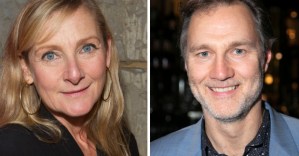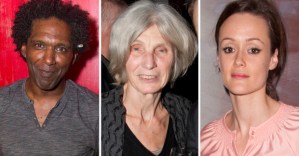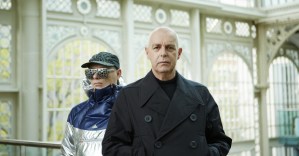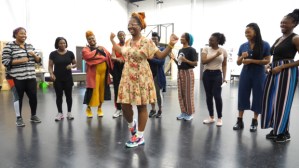Review: The End of History (Royal Court)
Jack Thorne and John Tiffany collaborate on Thorne’s latest play
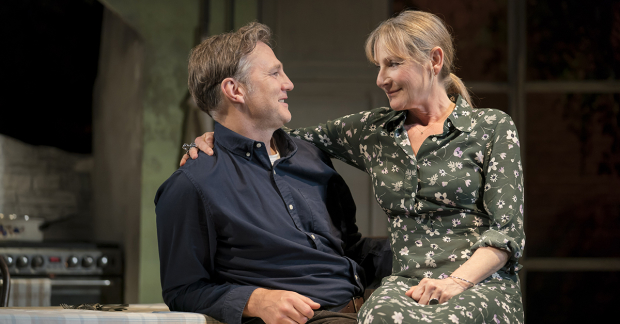
© Johan Persson
Playwright Jack Thorne and director John Tiffany last collaborated on a little play called Harry Potter and the Cursed Child, which went on to work its epic magic in every country where it has played. The End of History is entirely different, an intimate drama based on Thorne's own family, which resolutely refuses to fly.
Beginning in 1997 and set over three decades, it is grounded in an intriguing idea: what happens when children don't live up to their parents' ideals? It examines that question through the eyes of Sal and David (Lesley Sharp and David Morrissey), old style Labour activists, on the left of the party, who regard the Blair years as a sell-out, and inherited wealth as the root of all evil.
It's that belief which brings them into conflict with their three grown-up children, inured to years of their mother's bad cooking, parental embarrassment and arguments over the kitchen table but reluctant to adopt their parents' principles when it comes to their own futures. In revealing their dilemma, Thorne also examines the fallacy which gives the play its title: political theorist Francis Fukuyama's belief that with the end of the cold war, liberal ideology had triumphed.
Tiffany treats the drama with his customary care and sensitivity, creating (with his long-time movement director Steven Hoggett and the music of Imogen Heap) interludes between the acts where the family grows and changes, as the years (signified by the dates ripped off a calendar) quickly pass. They have a grace and power that Thorne's dialogue sometimes lacks; there are a lot of clever lines, but they often seem imposed on the characters rather than arising naturally from their thoughts.
This is particularly true in the portrayal of Sal, an edgy woman, a campaigner for the downtrodden, a Greenham protestor and a teacher, who prides herself on straight and salty talking ("I tried Communism once. I ended up with two varieties of venereal disease. No one ever washed properly") but who is a constant embarrassment to her children. Sharp plays her with intelligence and feeling, but the trouble is that although we see her commitment, we never see her goodness or her kindness.
The children fare rather better; the scene between corporate lawyer Polly and troubled younger son Tom, where he finds her sexting her boss, has the cut and thrust of real family life and Kate O'Flynn and Laurie Davidson expertly find the flickering feelings that both exhibit. Sam Swainsbury reveals the doubts and fear of judgement of the oldest son Carl and Zoe Boyle is all cut-glass vowels and bafflement as his upper-class, rich girlfriend.
Finally, as the themes darken and Grace Smart's ruined family kitchen of a set rather wonderfully opens up to let in more light, Morrissey takes centre stage, exhibiting all his love for his fractured family and revealing the source of Sal's political passions. In one great scene, he raises the emotional temperature by 100 degrees. It's a fine conclusion to a play that is clearly heart-felt, yet curiously underwhelming.


